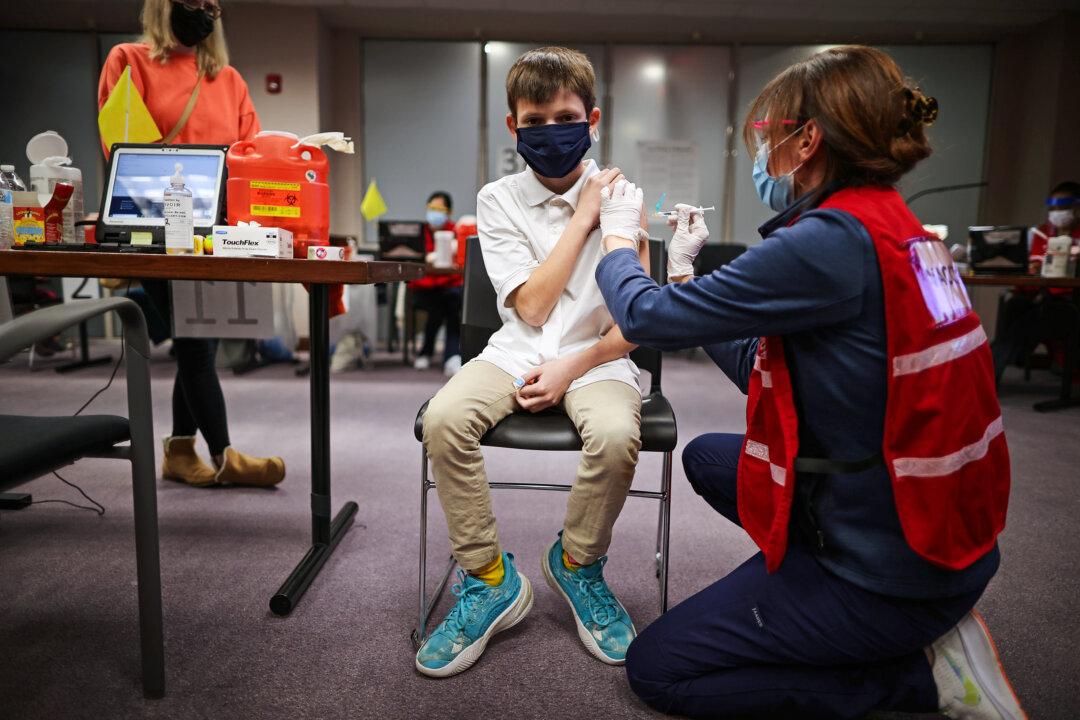Policies and legislation passed to marginalize parents from their children’s education and health care are no longer being written off as what some politicians have called a conspiracy theory.
States like Washington and California have passed laws allowing children to hide medical gender-transition procedures from their parents.





